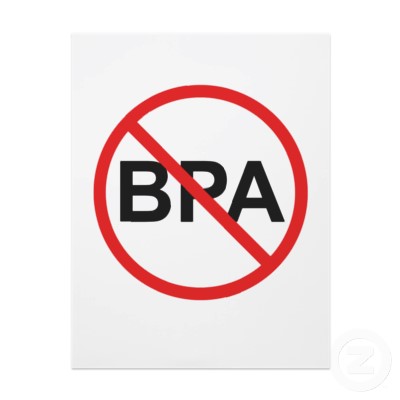Avoid BPAs
An expert panel of researchers has found that plastic made with a chemical called bisphenol A (commonly known as BPA) is highly toxic and can easily leach into your food and drink. It is known to act as an endocrine disrupter in that it mimics the effect of estrogen in the body. Research has shown that exposure to BPA puts you at greater risk of developing uterine fibroids and breast cancer and can cause a decrease in sperm count and early onset of puberty in exposed children.

BPA is widely used in the manufacture of baby bottles, drinking bottles, oven and microwave dishes, eating utensils and is even in the plastic coating inside metal cans. Here are some dos and don’ts regarding plastics, including those with BPA:
1. Avoid heating food in plastic containers. When plastic is heated or stressed, it releases small amounts of its ingredients. So BPA can lead out depending on the temperature of the food and liquid.
2. Do not microwave your food in plastic containers. Instead use glass, such as Pyrex, or ceramic containers for heating food.
3. Avoid canned food and drinks, as the lignin of many tins contains BPA.
4. Do not wash plastic containers in the dishwasher.
5. Get rid of any scratched plastic containers.
6. Make sure that your water bottles are BPA free. Use a glass or stainless-steel water bottle rather than plastic when you can. (Just make sure that it is stainless steel inside and out). When you wash your water bottle, always let it dry before you refill it to keep bacteria away.
7. Make sure that you buy baby bottles, sippy cups and children’s tableware that are BPA free. The package will say “BPA free”.
8. Avoid any food containers with the number 3 or 7 on the recycling label on the bottom, as most of them contain BPA and other dangerous substances. (Food containers 1, 2 and 4 do not contain BPAs).

